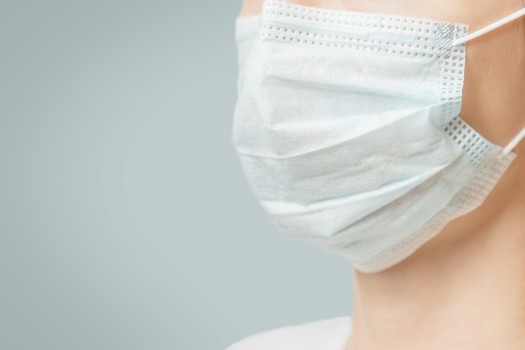Birmingham political leaders have warned that the city is due to run out of PPE, with the news coming as GP practices have been added to the list of settings the council should supply.
And, according to their letter to health secretary Matt Hancock, they are unable to replenish stocks via some wholesalers as it is being bought up by a central Government PPE scheme that is not due to be operational for weeks.
The letter, from council leaders and local MPs, said they expect to run out of facemasks for the settings they were initially supposed to supply into – such as mortuaries and social workers – within two weeks.
And it said this was not even taking into account the settings that have been added to their responsibility by latest Government guidance – including GPs and dentists.
The letter said: ‘[T]he City Council’s ability to purchase PPE directly from suppliers is being hampered by the creation of the Government’s PPE Dedicated Supply Channel (the “Clipper” scheme) which is meant to organise the distribution of PPE on a national basis.
‘Various wholesalers the Council have engaged with have confirmed that they are withholding further supplies to it due to prioritising Government requirements through the PPE Dedicated Supply Channel.
‘We understand that the Clipper scheme is [three] weeks away from being operational which, quite frankly, will be too late to deal with the emerging crisis around PPE.’
It added that ‘a consequence of not having a nationally co-ordinated response to PPE’ is that all regions and organisations are competing for the same equipment ‘driving up prices, with no guarantee that [it] is going to areas of maximum need’.
The letter informed Mr Hancock: ‘The City Council is taking steps to prioritise the usage of PPE to only those functions where it is absolutely necessary, however supplies are running desperately low.’
It said that to ‘put this into context’ the ‘if demand for protective facemasks continues as is predicted, the City Council’s supply [currently 38,000] will only last for a further two weeks’, and it said this only took into account its own staff.
Councillor Ian Ward told Pulse: ‘In addition to supplying our own care staff, the council must now supply an additional range of groups, including GPs.
‘It’s absolutely right that everyone working on the frontline is equipped with PPE, but the additional demand does mean that supplies diminish much more quickly than had originally been anticipated.
‘We want to work with the Government to protect people on the frontline of this crisis, but the current situation is simply not good enough and we need urgent action now.
‘We cannot compromise the health and safety of the very people that are going to help this city and indeed the country get through this crisis. Nor can we compromise the wellbeing of those cared for by these key workers in their homes, hospices and care facilities.’
Dr Robert Morley, executive secretary at Birmingham LMC, told Pulse: ‘Like the rest of the country, Birmingham has had enormous problems with the supply of, quantities of, and the adequacy of PPE.
‘This is putting the health and lives of GPs and other general practice staff, their families – and of course, patients – at risk, and is totally unacceptable.’
Giving evidence via video link to the House of Commons health and social care committee today, Mr Hancock said: ‘As of this weekend, we will have shipped one billion items of PPE across the UK.
‘It’s understandable in a massive undertaking like that that there are complications and challenges, and I take responsibility for getting PPE out to everyone.
‘We are tight on gowns, that is the pressure point at the moment. We have another 55,000 gowns arriving today.’
But he added: ‘Ultimately we have a global shortage of PPE – there is more being demanded and used across the world than there are supplies.’
Birmingham has been particularly hard-hit by Covid-19. Second only to London in terms of the number of confirmed cases within UK cities, it has 2,064, compared to 19,511 across the capital.
The West Midlands in total has 8,718 cases, many of which are situated in Birmingham. London, the North West and the South East are the only regions with more cases overall.
The city is also observing similar patterns of deaths, with more than 1,300 people reported to have died with Covid-19 across the Black Country, Birmingham and Staffordshire.

















